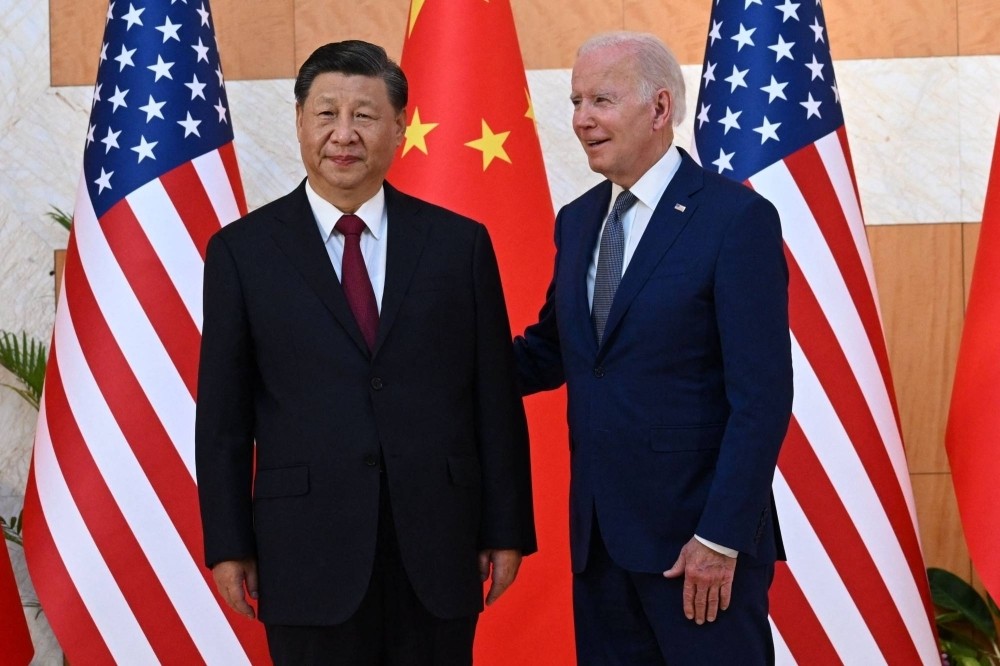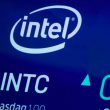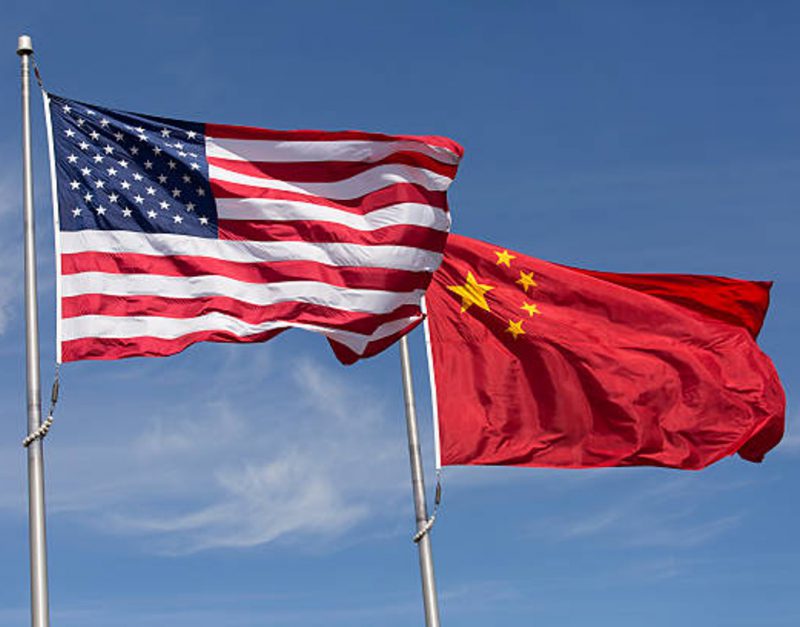BRICS member China is engaging in de-dollarization initiatives across the world that are infuriating the US dollar’s prospects. China is doing everything possible to uproot the US dollar’s dominancy as the world’s reserve currency. BRICS country China is on a world tour convincing developing nations to ditch the US dollar and trade in local currencies. The rivalry between the US and China risks turning into Cold War II which could begin to tank the financial markets, warns IMF official.
Also Read: BRICS: Analyst Predicts Biggest Economic Crash in US History
BRICS: China & US Rivalry Turning Into Cold War II, Says IMF


The International Monetary Fund’s (IMF) First Deputy Managing Director Gita Gopinath warned that BRICS member China and the U.S. rivalry risks becoming Cold War II. The IMF official began stating that all developments between the two countries are now “at a turning point.”
Also Read: BRICS: India Likely Dumped US Dollars To Limit the Rupee’s Loss
“In the Cold War, it was the US and Soviet Union, now it is US and China. But the stage on which these forces are unleashed is fundamentally different along several dimensions,” she said. She cautioned that “fault lines are emerging as geo-economics fragmentation is increasingly a reality.”
Gopinath stressed that the US and China are already “on the brink of Cold War II.” The IMF official stated that the markets will not decline drastically if Cold War II breaks out. However, she explained that investors will not experience gains for a long period if such a situation comes. The move will inadvertently lead to market crashes in the coming years.
Also Read: Volatility Ahead for Gold Prices as Fed Rate Decision Looms
“If we descend into Cold War II, knowing the costs, we may not see mutually assured economic destruction. But we could see an annihilation of the gains from open trade. Ultimately, policymakers must not lose sight of those gains. It is in their and everyone’s best interest to advocate strongly for a multilateral rules-based trading system and the institutions that support it,” she said.





